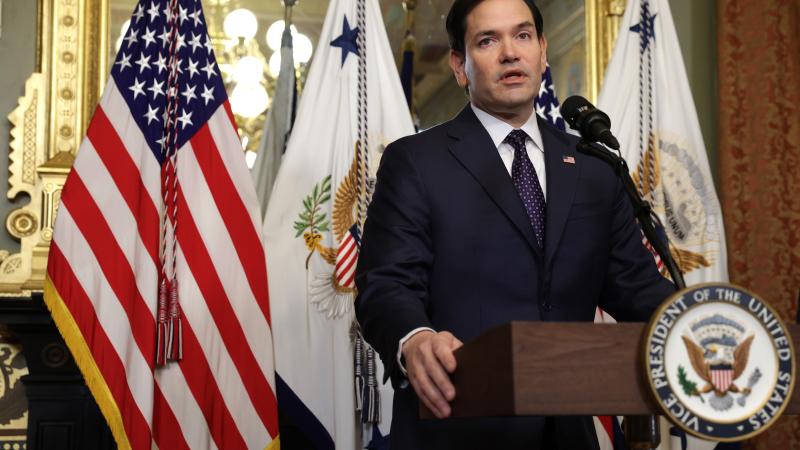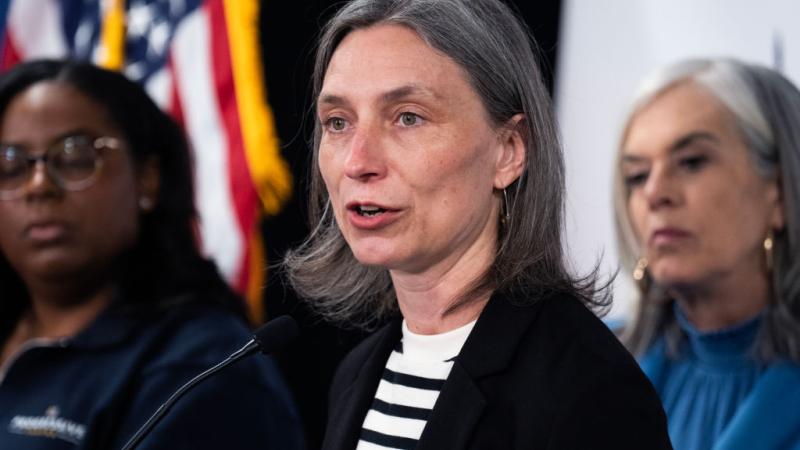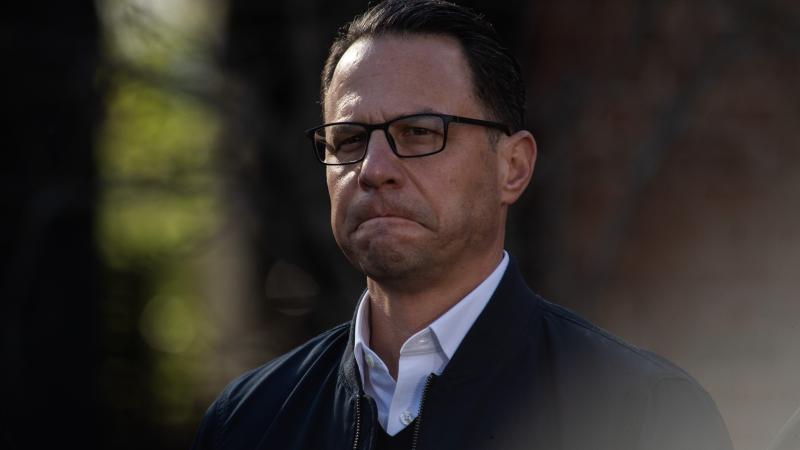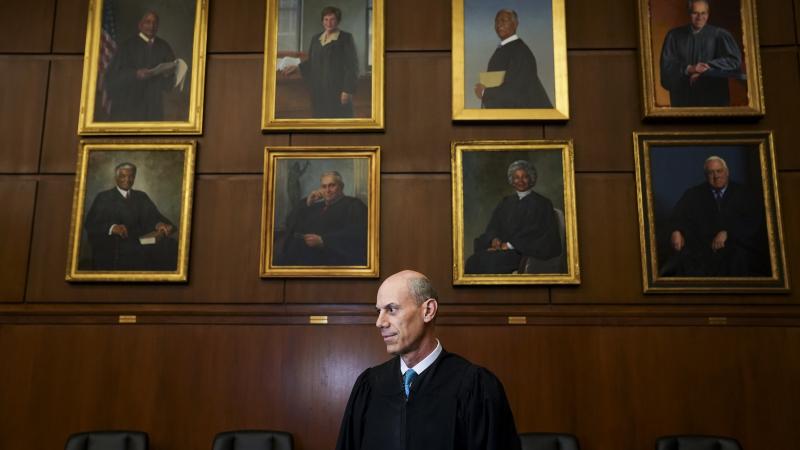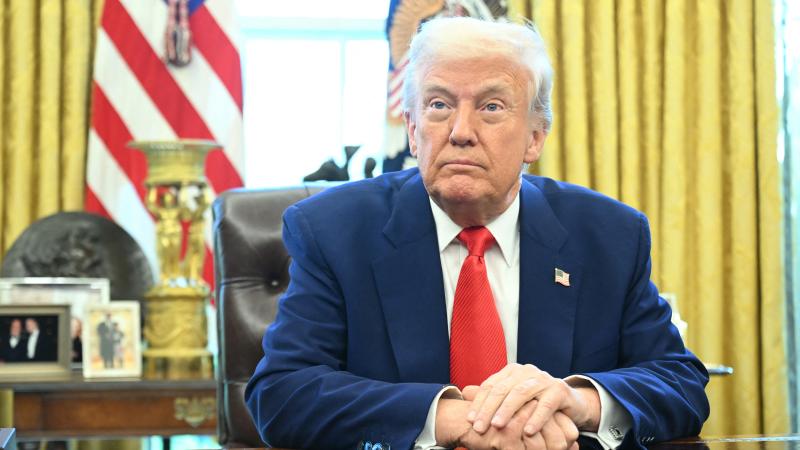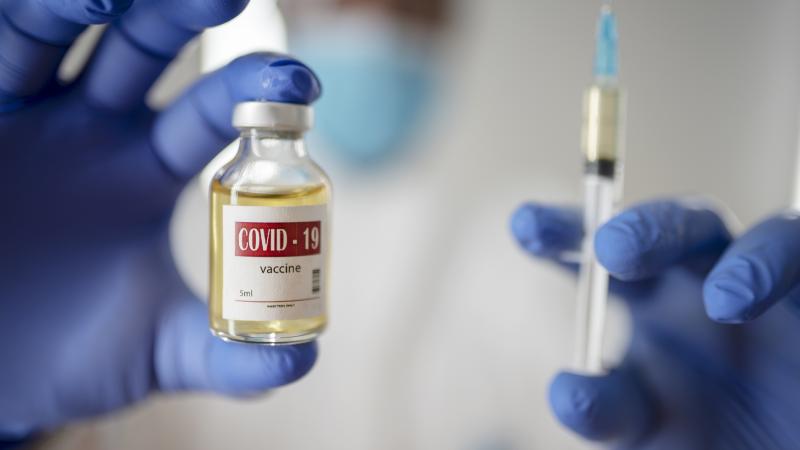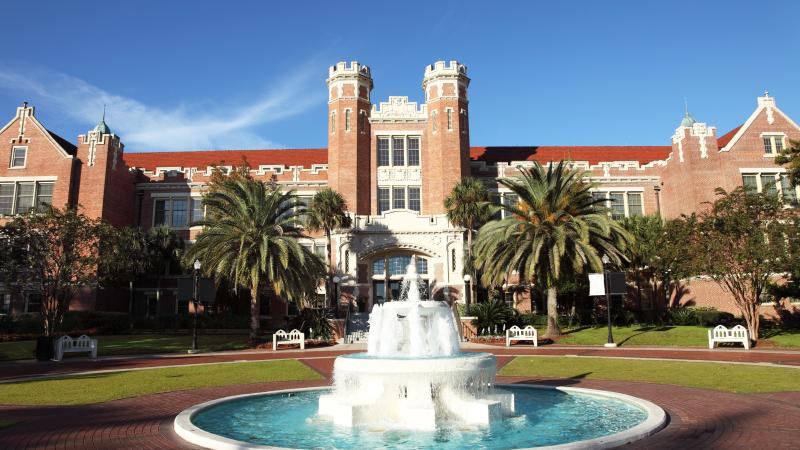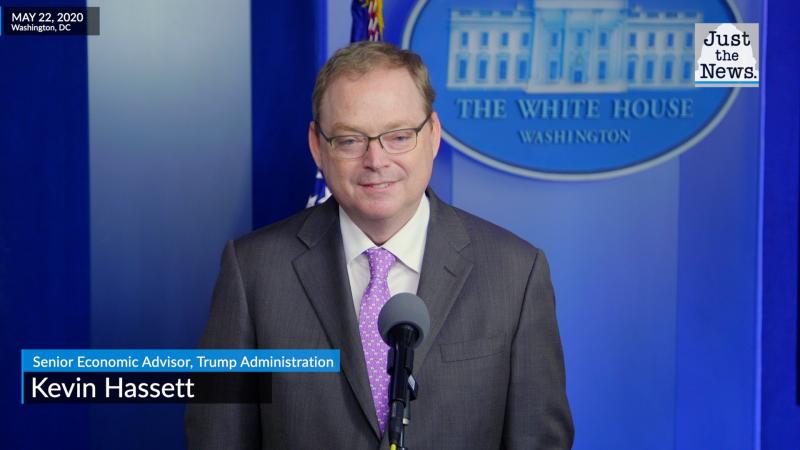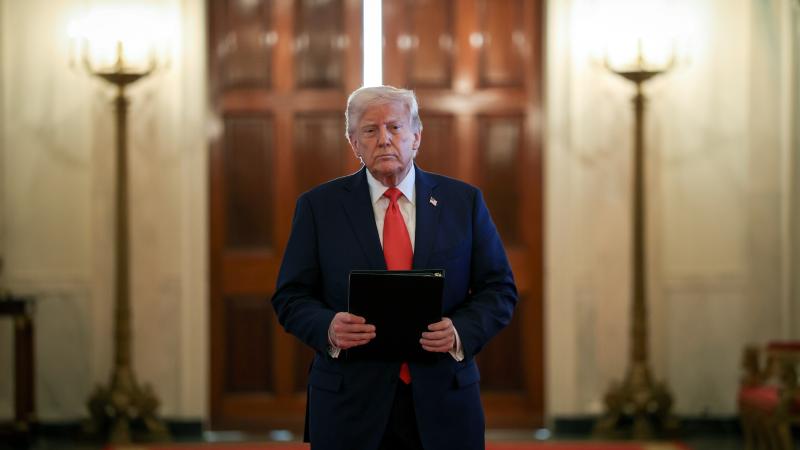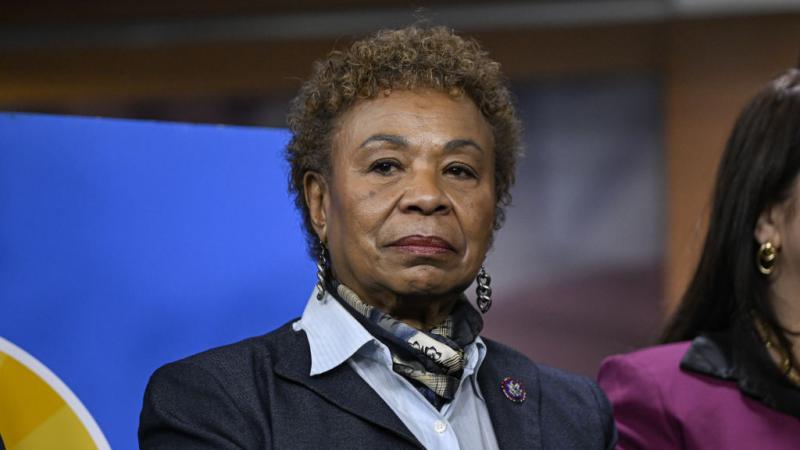Nothing opaque about world leaders' concerns, deals at G-7: migration, Russia, Moscow-China alliance
The leaders appeared this past weekend to look past their own uncertain electoral prospects to agree, at the end of their summit in Italy, on a package of measures
President Joe Biden and other leaders from the Group of Seven countries appeared this past weekend to look past their own uncertain electoral prospects to agree, at the end of their summit in Italy, on a package of measures on Ukraine, China and illegal migration.
The centerpiece agreement after three days of talks between G-7 leaders was a $50 billion loan package for Ukraine – financed by frozen assets from Russia.
Also at the talks, the leaders threatened to sanction China over its support for Russia in that country’s war against Ukraine and called for a “new approach” to problems sparked by the increasing number of global refugees, an initiative spearheaded by host Italy, which is the principal European landing spot for refugees from Africa.
“All things considered, the talks represented an important display of strength and unity from the G-7 leaders,” Francesco Galietti, co-founder of the Rome-based policy risk consultancy Policy Sonar, told "Just the News." “There was a widespread fear that because of the electoral season in the west there would be a power vacuum that the enemies of the west could exploit. But we didn’t see that.”
The all-things-considered comment is a reference to the troubled domestic situation most of the leaders at the summit were working under.
The G-7 is an intergovernmental political-economic collective consisting of Canada, France, Germany, Italy, Japan, the United Kingdom and the United States – with the European Union as a "non-enumerated member." Leaders from those democratic nations meet annually to try to coordinate global economic policy and address other key world issues.
France’s Emmanuel Macron and Germany’s Olaf Scholz both suffered stunning electoral setbacks in recent votes for the European Parliament, the one in France so severe that Macron called for snap parliamentary elections later this month.
In Canada, Prime Minister Justin Trudeau is in the midst of a “slush fund” scandal, and the U.K.’s Rishi Sunak is headed for a near-certain landslide election defeat next month. Yet the most severe case may be Japan’s Fumio Kishida, who last week saw his approval levels fall to a dismal 16 percent.
Biden, of course, is running neck-and-neck with former President Donald Trump less than five months before Americans go to the polls.
In fact, the only sitting G-7 leader with domestic approval levels above 40 percent is Italy’s nationalist Prime Minister Giorgia Meloni, considered the most conservative of the group.
Meloni seized on that relatively strong position to push for domestic Italian priorities on the G-7 agenda, including discussions on curbing the global flow of migrants and focusing attention on economic development in poor countries aimed at creating incentives for would-be refugees to stay home.
Italy also pushed for a decision on an international rulebook governing artificial intelligence, which Meloni sees as a potential job killer. That point was stressed by the arrival of Pope Francis at the talks in the southern Italian region of Apulia. It was the first time a pontiff ever attended a G-7 summit.
“We would condemn humanity to a future without hope if we took away people’s ability to make decisions about themselves and their lives,” Francis told the leaders.
Meloni also pushed – successfully – to have any reference to abortion rights omitted from the summit’s final communique, reportedly over objections from Biden and Macron. Galietti and other analysts said avoiding language on abortion was almost surely a precondition for the pope’s participation in the event.
“I think there was a quid-pro-quo between the Vatican and Meloni, who is positioning herself as an ultra-conservative in line with certain Catholic positions,” Galietti said.
Despite Francis’ backing of an agreement on some kind of blueprint on artificial intelligence, specific decision making in that area was put off until next year’s G-7 summit in Canada, a summit that could take place during a make-or-break campaign for Trudeau.
Ditto for specific action on China, where leaders agreed the trade practices and political influence of the world’s second largest economy were threats but could not agree on specific action to take.
Also conspicuous in its absence was any kind of grand action related to the war between Israel and Gaza beyond backing the Biden-led plan for a ceasefire in Gaza.
The Facts Inside Our Reporter's Notebook
Links
- $50 billion loan package for Ukraine
- sanction China over its support for Russia
- a ânew approachâ to problems sparked by the increasing number of global refugees
- Policy Sonar
- Macron called for snap parliamentary elections later this month
- Justin Trudeau is in the midst of a âslush fundâ scandal
- a near-certain landslide election defeat
- Japanâs Fumio Kishida, who last week saw his approval levels fall
- running neck-and-neck with former President Donald Trump
- domestic approval levels above 40 percent
- creating incentives for would-be refugees to stay home
- international rulebook governing artificial intelligence
- the summitâs final communque
- next yearâs G-7 summit in Canada
- trade practices and political influence of worldâs second largest economy were threats
- the war between Israel and Gaza

